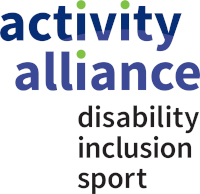Title
Aerobic exercise and schizophrenia
Research Area
Health
Author
Firth, J et al; Schizophrenia Bulletin
Summary of Findings
In light of an increased interest in the neurocognitive benefits of exercise, researchers conducted a meta-analysis of all controlled trials investigating the cognitive outcomes of exercise interventions in schizophrenia. Articles were selected based on keyword searching and only included where a control group existed.
Overall the researchers found that exercise interventions significantly improved cognitive performance. Additionally they found that physical activity supervised by physical activity professionals was similarly beneficial however exercise led by other professionals, such as mental health or research staff, did not have the same benefits.
When compared to other treatments, exercise was found to be more effective than "treatment as usual" but when combined with cognitive remediation therapy there were no additional benefits than cognitive remediation therapy on it's own. Those studies with greater amounts of exercise had a greater effect while the length of the intervention in weeks and the number of sessions per week did not have any noticeable effect.
When looking at specific cognitive areas that exercise seemed to affect the researchers found most evidence for benefits in working memory, social cognition and attention/vigilance. there was little evidence of any effect on medium heterogeneity, processing speed, verbal learning & memory, reasoning & problem solving and visual learning & memory.
Implications
This piece verifies a wider beneficial impact of exercise. It also suggests that exercise is more effective when led by physical activity/exercise professionals rather than researchers or mental health support workers.
.png)













